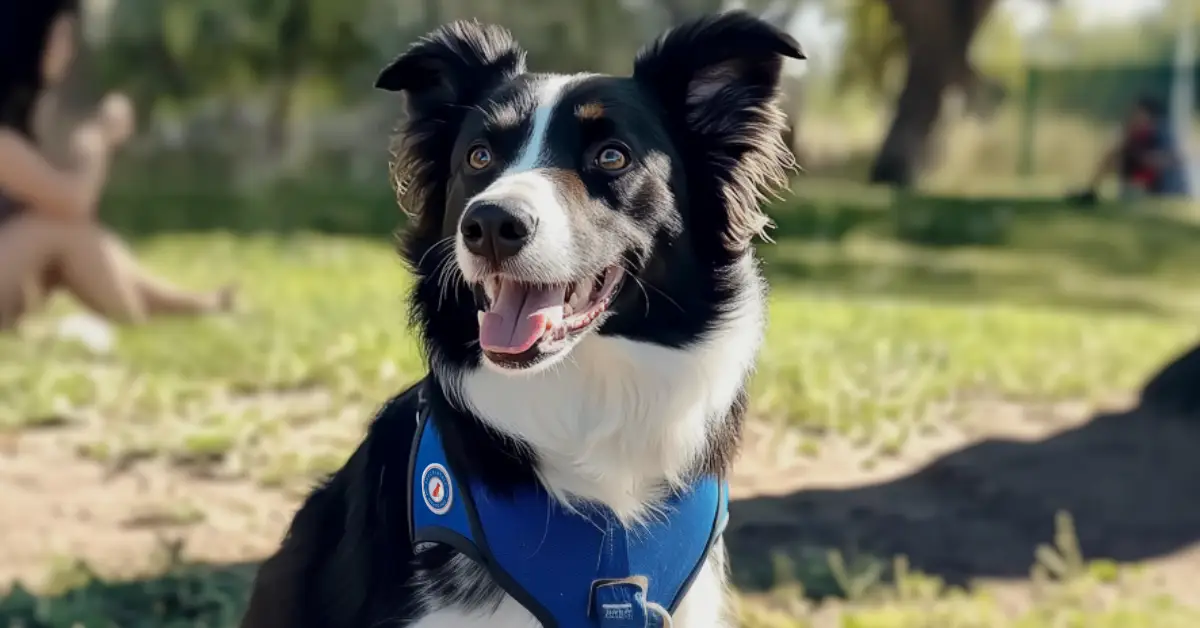Blog

Can Uber Drivers Refuse Your Service Dog?
Uber’s policy: Service dogs are allowed to ride with their handlers at no extra cost. According to Uber’s guidelines, drivers are required to accommodate service animals and provide them with the same level of service as any other passenger. What if your driver gives you a hard time? If an Uber driver refuses to allow […]

Read More

Illinois Service Dog Requirements
Individuals in Illinois who require the assistance of a service dog are recognized and protected by federal and state laws. The Americans with Disabilities Act (ADA) and the Illinois Human Rights Act safeguard the rights of service dog owners in the Prairie State. Illinois law allows service dogs to enter public areas, including places where […]

Read More

Pennsylvania Service Dog Requirements
Residents of Pennsylvania who require a service dog are legally recognized under federal and state law. The ADA and the Pennsylvania Human Relations Act protect owners of service dogs in the Keystone State. Service dogs in Pennsylvania must be allowed in areas open to the public, even if there is a policy that prohibits entry […]

Read More

Is a Psychiatric Service Dog a Service Dog?
Absolutely, under the Americans with Disabilities Act (ADA) psychiatric service dogs are treated the same as other service dogs with the same rights. That’s because the ADA recognizes mental and emotional health conditions as qualifying disabilities for service dog ownership. A psychiatric service dog is trained to perform tasks for people with conditions like depression, […]

Read More

Can the Police Ask for Service Dog Proof?
What the ADA says: Police, like any other third party, can verify a service dog by asking two questions: 1. Is the dog a service dog required for a disability? and 2. What work or task has the dog been trained to perform? Do you have to provide the police with anything else? Just like […]

Read More

Where Can a Service Dog Go in New York?
In New York, service dogs can go to many places that pets can’t. Service dogs are allowed in almost all public areas in New York, including: This means if you’re a resident of New York City, your service dog is welcome in places like the L Train, the MOMA, your favorite cafe in Brooklyn, and […]

Read More